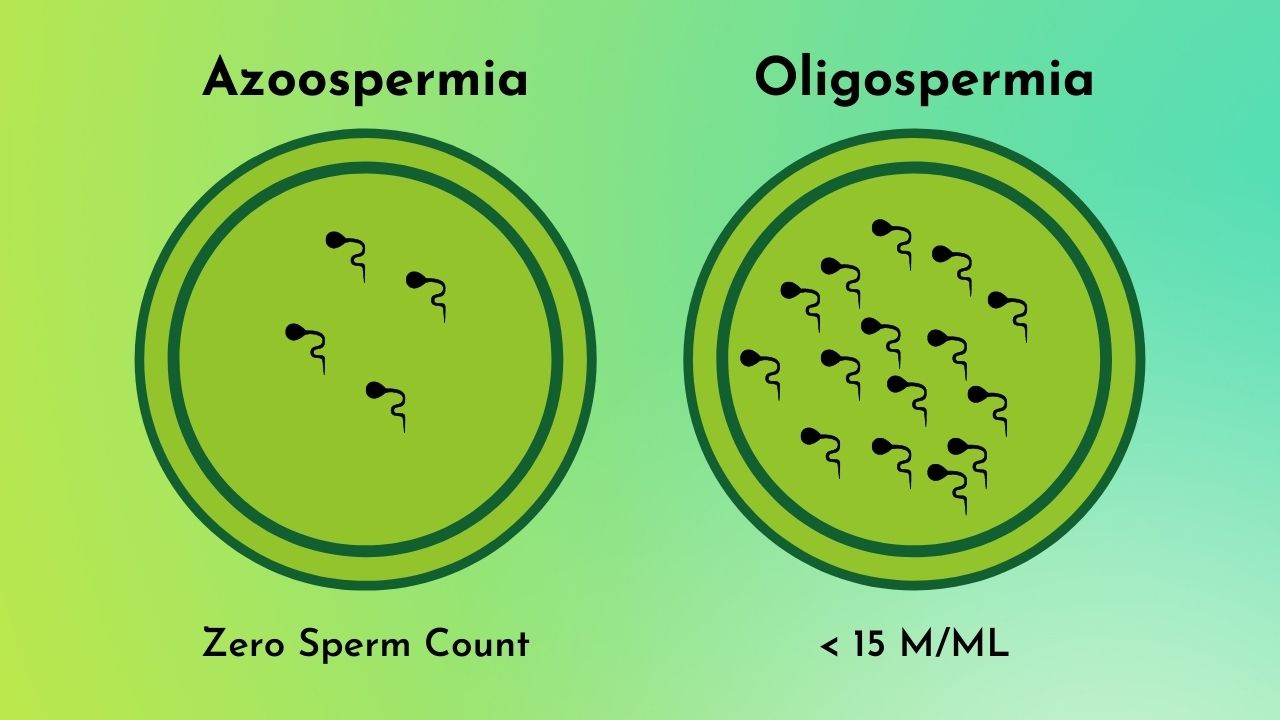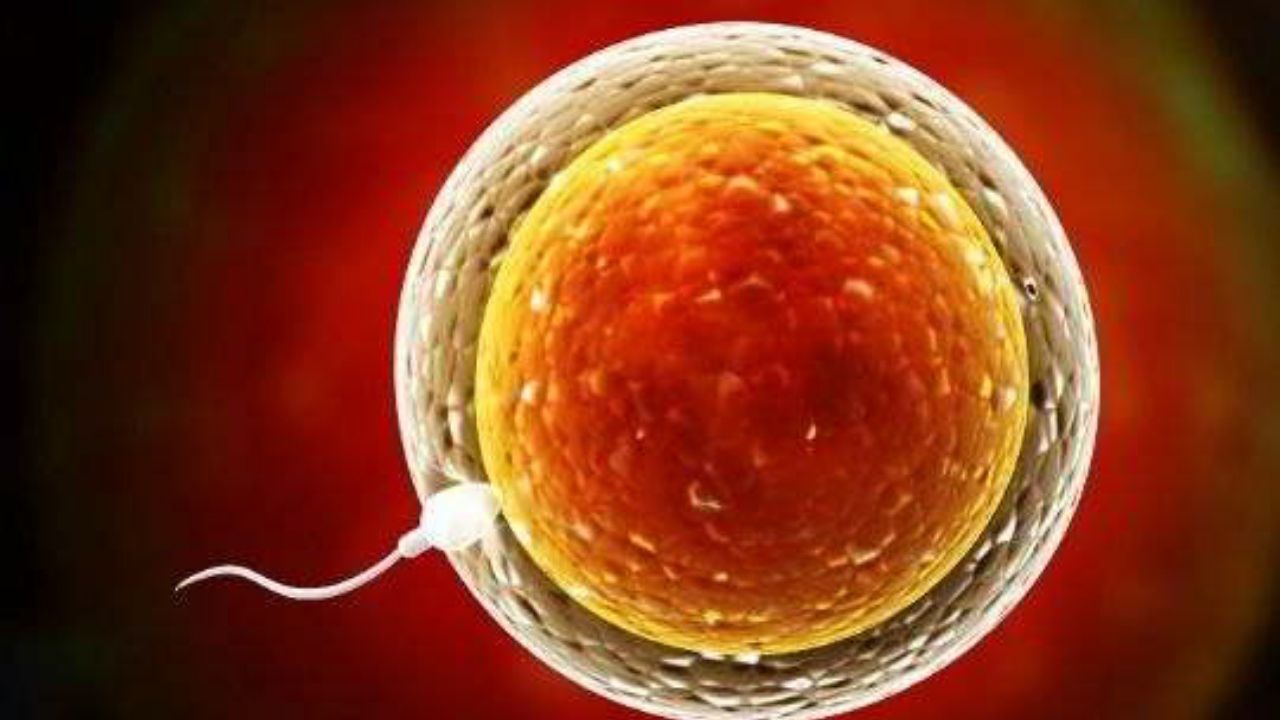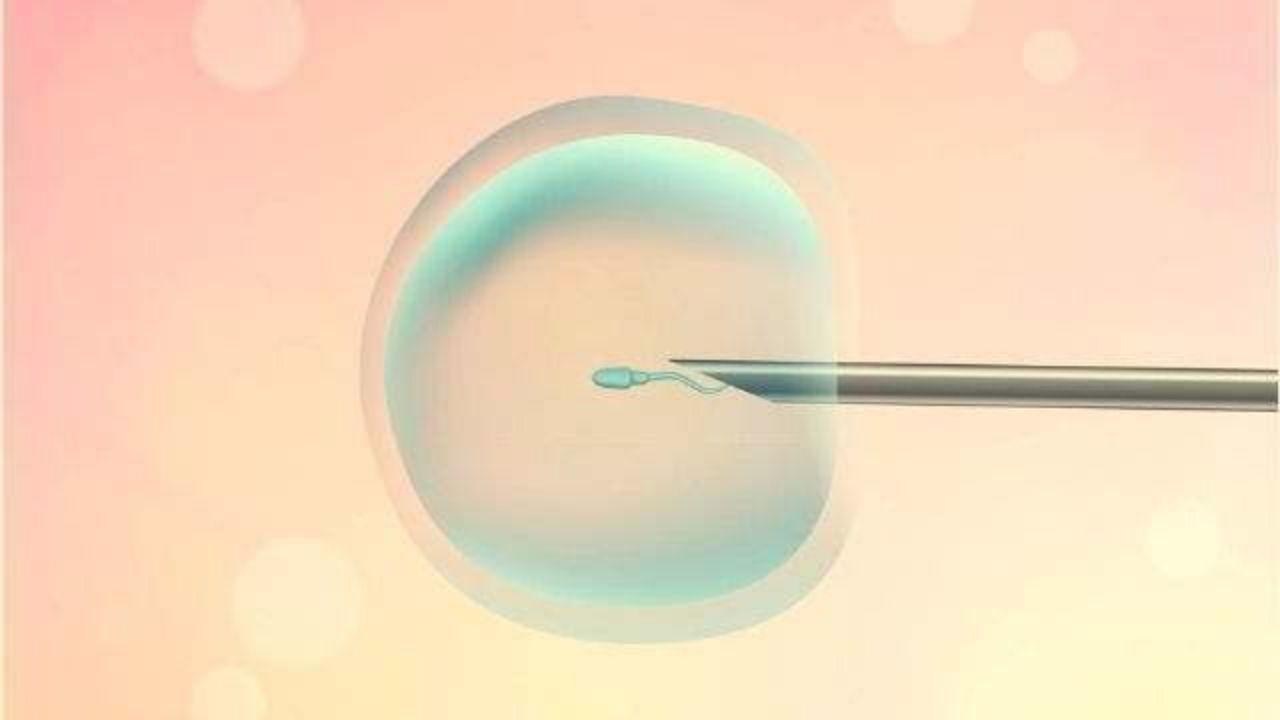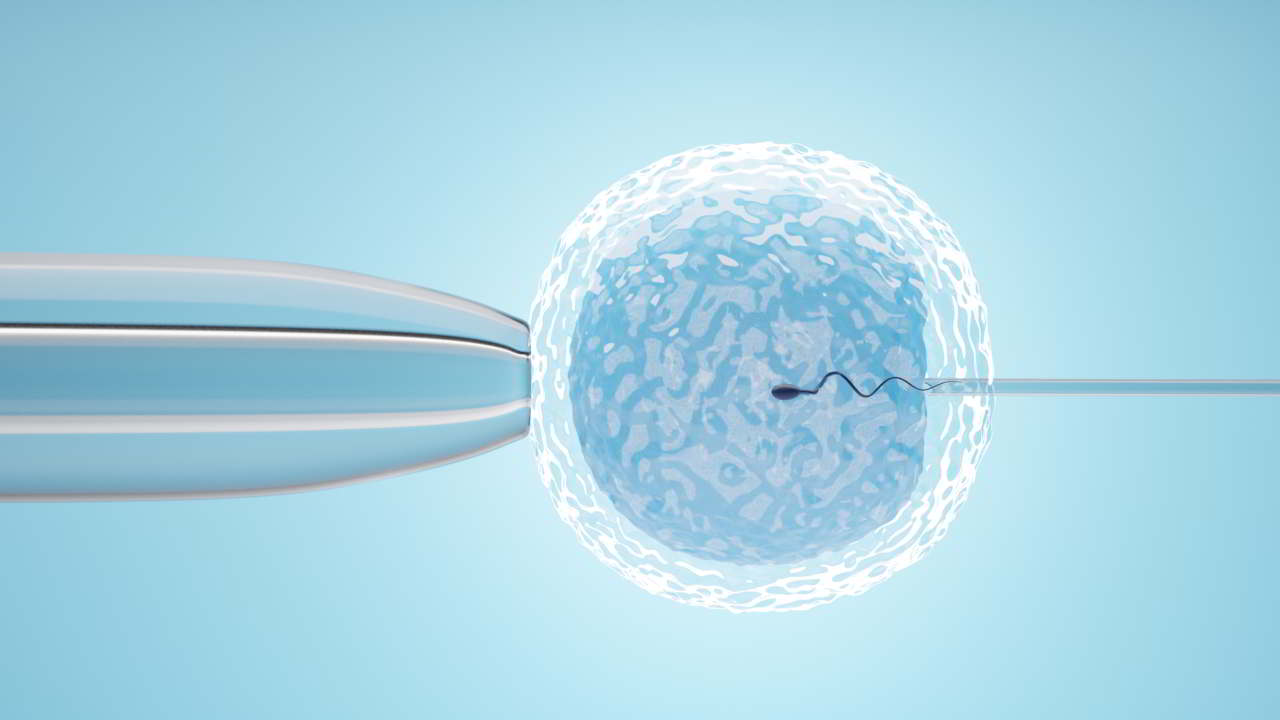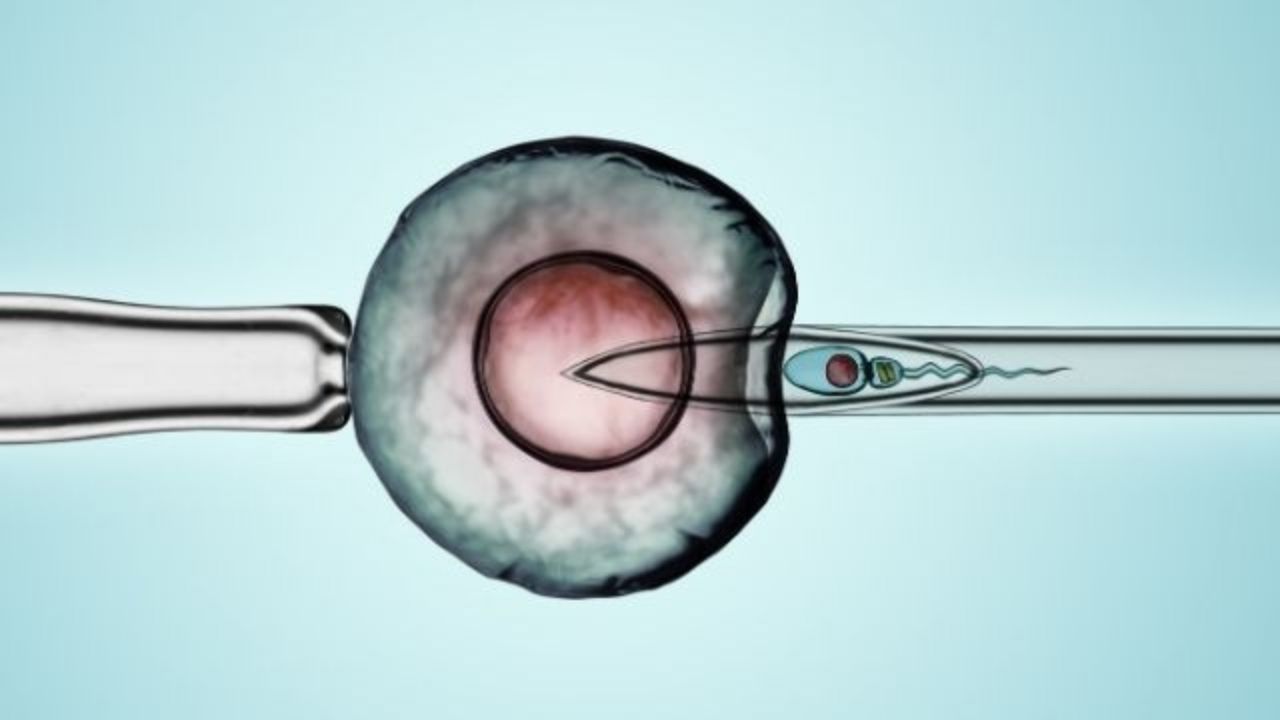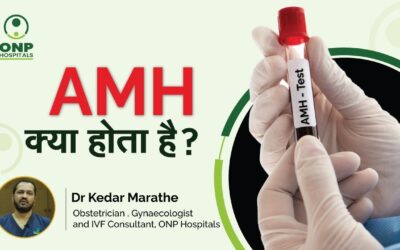Introduction Welcome to ONP Hospital, where the future of neonatal care unfolds within our state-of-the-artNeonatal Intensive Care Unit (NICU). Our commitment to delivering the highest standard of carefor our tiniest patients is evident in the cutting-edge technology,...
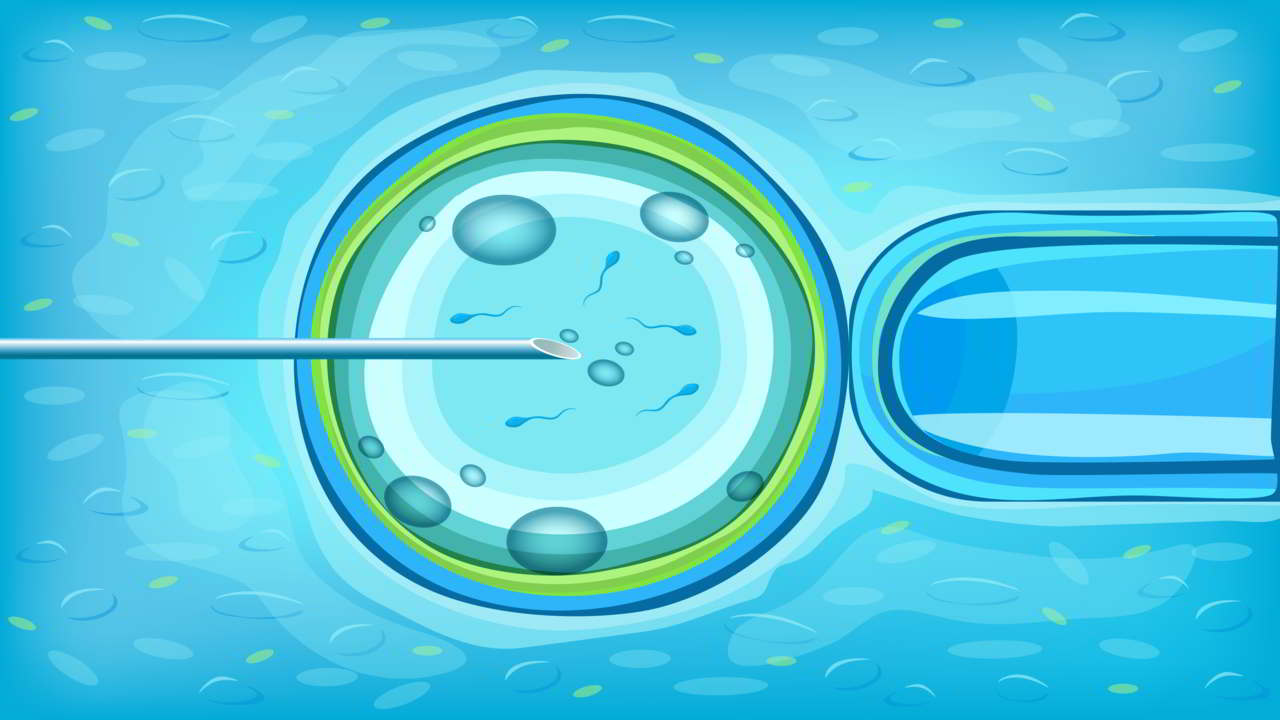
Overview
In vitro fertilization (IVF) is an advanced reproductive technique that aids infertility, genetic issues, and childbirth.
In IVF, mature eggs are removed from the ovaries and fertilized in the lab. The fertilized egg (embryo) is then transferred to a uterus. IVF takes roughly three weeks to complete. These processes may be divided into portions, making the procedure lengthier.
IVF is the most successful type of assisted reproductive technology (ART). It can be done using a couple’s eggs and sperm is possible or using known or unknown donors’ eggs, sperm, or embryos.
IVF success rates depend on numerous variables, including age and the reason for infertility. Your doctor can explain how IVF works, the dangers, and if this treatment is good for you.
Everything You Need To Know About IVF
What is IVF
You must have heard of IVF or test tube babies. IVF is a method of fertilization in which we collect eggs and sperm and combine them physically in a laboratory dish. Soon, we monitor the growth for five days and transfer the embryo to the uterus.
Once the embryo implants in the woman’s uterus, the pregnancy may begin naturally. Gamete intrafallopian transfer (GIFT) and zygote intrafallopian transfer (ZIFT) are two further types of ART.
Who needs IVF?
One may need IVF in the following conditions:
- Fallopian tube damage or blockage: Damaged or blocked fallopian tubes make it difficult to fertilize eggs or transfer embryos to the uterus.
- Ovulation disorders: Fewer eggs are accessible for fertilization if ovulation is irregular or missing.
- Endometriosis: Endometriosis occurs when uterine lining tissue implants and develops outside the uterus, affecting the ovaries, uterus, and fallopian tubes.
- Uterine fibroids: Uterine Fibroids are uterine benign tumors that are common in women who are in their 30s and 40s. Fibroids may obstruct the implantation of the sperm.
- Previous tubal sterilization or removal: Tubal ligation is a method of sterilization that permanently blocks the fallopian tubes. If you want to become pregnant after tubal ligation, IVF is an option.
- Impaired sperm production or function: Poor sperm concentration, motility, or size and shape might make it difficult for sperm to fertilize an egg. A visit to an infertility expert may be required if abnormalities in the sperm are discovered.
- Unexplained infertility: Unexplained infertility implies no reason has been discovered despite typical factors being evaluated.
- A genetic disorder: You or your spouse may be eligible for preimplantation genetic testing, which entails IVF. After fertilization, the eggs are checked for genetic defects, albeit not all defects are identified. Embryos with no known issues may be transplanted to the uterus.
Process of IVF
The IVF and embryo transfer procedure involves five distinct parts. These are:
- Step 1: Doctors prescribe fertility drugs to encourage egg production. After retrieval, some eggs will not mature or fertilize, therefore having a large number of eggs is good. The ovaries are examined with a transvaginal ultrasound, and blood is drawn to measure hormone levels.
- Step 2: A hollow needle is inserted into the pelvic cavity to extract the eggs during a small surgical operation guided by ultrasound imaging. Medication is given to alleviate any pain that may arise.
- Step 3: A sample of sperm from the man is requested, and this sperm is prepared for mixing with the egg.
- Step 4: Sperm and eggs are combined in a laboratory dish during insemination to promote conception. Intracytoplasmic sperm injection (ICSI) may be utilized in situations when fertilization is less likely than usual. A single sperm is inserted directly into the egg during this technique to fertilize it. Fertilization and cell division are confirmed by monitoring the eggs. Embryos are defined as the developing cells within fertilized eggs.
- Step 5: Following the egg harvesting and fertilization, the embryos are normally transferred to the woman’s uterus three to five days later. Transplantation of embryos is performed by inserting a catheter or tiny tube into the uterus. While some women may have moderate cramping after the surgery, it’s usually harmless for most. After egg retrieval, implantation usually takes six to ten days if everything goes well.
The Success Rate of IVF
The success rate varies on variables including reproductive history, age, infertility, etiology, and lifestyle. Also, pregnancy rates are not the same as live birth rates. No matter what you do, the average success rate of an IVF procedure remains 30-40%.
Conclusion
If you are facing difficulties in conceiving naturally, IVF can be a rescue. Many couples have become parents after choosing IVF treatment. Consult your doctor if you have any questions regarding your chances of becoming pregnant. You can book an appointment and talk to our experts.
Sub Services
What Patient has to say about us
People heavily rely on reviews from other patients when choosing a healthcare provider
Our Patients Many many happy returns of the day......... The best doctor in the world My mother was suffering from severe pain in both knees and spine. Dr. Aashish arbat sir has operated today after 15days she is doing every thing thank you Dr aashish arbat sir and team Especially the major support was from Dr Ram sir from admission to dischatge and follow ups and taken care very nicely thanku Dr. Ram sir Our Patients After enduring knee pain for the past decade, my mother sought advice from various doctors in Nagpur, Nashik, and Pune. They all recommended knee replacement surgery, but it was only when we discovered Dr. Aashish Arbat and the option of robotics surgery that we made the decision to proceed. The surgery took place on June 23, 2023, and it turned out to be an incredible experience. To our astonishment, on the morning of June 24, my mother was able to stand on her own legs and even take a few steps. This remarkable progress was made possible due to the advanced assistance of robotics arm and Artificial Intelligence. Dr. Aashish Arbat is an exceptional and highly experienced surgeon, and we are immensely grateful for his expertise. We also extend our appreciation to his colleagues, Dr. Sharma and Dr. Ram, for their excellent skills and compassionate nature. Our heartfelt thanks go out to the entire team for enabling my mother to live a pain-free life Our Patients My mother got her both robotic knee replacement from sir on Oct 2021. The team and sir have made the complete process seamless. Especially my mother was very comfortable post her surgery. Thank you Dr Arbat and team. Our Patients Our Patients Our Patients Hello. My wife has severe arthritis in her body knees since 2017. We communicated many doctors but she was not happy. We visited Dr arbat for same issue and he came up with robotic knee replacement solution which suited her accurately and she is walking 5-6km daily without hesitation and living comfortably. Thanks Dr. Aashish Arbat and his new technology.Chhaya Kate
pravin kharat
T Srivalli
Mohan Satavekar
VIVEK PANDEY
Subhash Bobade
Blogs
Transformative Care: Navigating the State-of-the-Art NICU Facility at ONP Hospital
Introduction Welcome to ONP Hospital, where the future of neonatal care unfolds within our state-of-the-artNeonatal Intensive Care Unit (NICU). Our commitment to delivering the...
Plant-Powered Health: Exploring the Benefits of a Vegetarian Diet
Introduction The debate between vegetarian and non-vegetarian diets has been ongoing for years, with both sides presenting their arguments. However, a growing body of scientific...
Battling Oral Cancer and Tobacco: Understanding Treatments, Diagnosis & Prevention
Introduction Oral cancer, a type of head and neck cancer, is a serious and potentially life-threatening condition that affects various parts of the mouth, including the lips,...
Videos
Dr. Amita Phadnis’s Full Speech on Survival & Health Rights at UNICEF India.
Dr. Amita Phadnis ,M.D., Gave a Motivating Speech
Breast cancer is cancer that forms in breast cells. Women are mostly diagnosed with this cancer. Although it can be seen in both men and women
What is AMH
The granulosa cells in your ovarian follicles create the anti-Mullerian hormone, often known as AMH. According to the American College of Obstetricians and Gynecologists (ACOG), the generation of AMH is a reflection of your ovarian reserve.
FAQ’s
Pregnancy and Migraine Headaches: What Women Need to Know
When you are pregnant or breastfeeding, then you should be aware that migraine headaches are a normal part of the journey. Pregnant women might feel headaches owing to...
What Is the Problem of Orthopedics in Children?
While orthopaedic problems are commonly seen in and associated with the elderly, it’s important to be alert regarding the fact that they can afflict young people and children as well.
All You Need to Know About Reproduction
Most science students have to study about reproduction in their high school syllabus, and some learn from their parents, who may discuss it even earlier. It’s a very good thing to know about our own bodies…

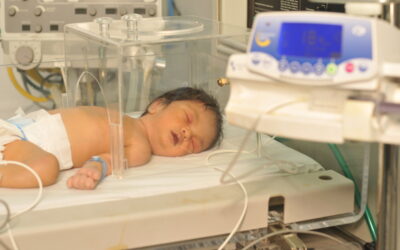

 Home
Home In Vitro Fertilization (IVF)
In Vitro Fertilization (IVF)
